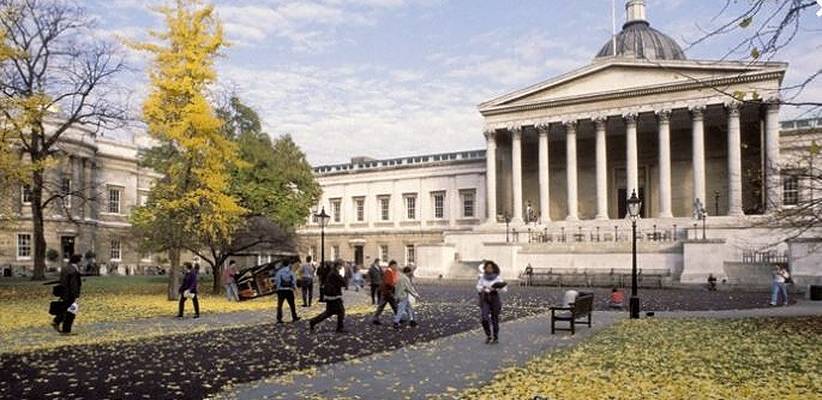UCL president says school would defend right to invite a Holocaust denier, while ensuring that Jewish students were “looked after.”
University College London president Dr. Michael Spence said in a radio interview Monday that the school’s “commitment to free speech” would extend to hosting a Holocaust-denying campus speaker, if invited, but that it would make sure Jewish students were “looked after.”
“Are there people that you wouldn’t want speaking at UCL? How absolute of a free speech person can you be — where’s the line you’d have to draw before you can say, ‘You’re not welcome at UCL?’” asked host Stig Abell on a Times Radio interview.
“At UCL, we would have anybody to speak who was invited by an academic or by a student, so long as the speech was lawful and there weren’t going to be public order problems that we couldn’t control or whatever. We’re deeply committed to the notion of free speech,” said Spence, UCL President and Provost.
Abell then queried whether that would hypothetically include a speaker engaged in Holocaust denial, which is not illegal in the United Kingdom. “Is there a point there, where the lawful point is one argument but there’s a layer beneath ‘lawful’ which is still potentially problematic?” he asked.
“I think if a Holocaust denier were to be invited by an academic to speak at the University, then the University would obviously have a responsibility to make sure that its Jewish and other students and staff were looked after; that that event took place in in an environment in which other views were expressed; and all the rest of it,” Spence replied. “But yeah, our commitment to free speech is is deep.”
Spence, a scholar in intellectual property theory and a former vice-chancellor at the University of Sydney in Australia, began his current tenure as UCL president in January, 2021. The school has faced criticism from Jewish groups on campus over a recommendation by its Academic Board to reject the leading definition of anti-Semitism from the International Holocaust Remembrance Alliance, which UCL had adopted in 2019.
